Child Exploitation is a growing and evolving threat.
Supporting young people’s awareness of the risks of exploitation, youth violence and knife crime.
Child Exploitation is a growing and evolving threat.
Supporting young people’s awareness of the risks of exploitation, youth violence and knife crime.
What is Child Exploitation?
Understanding is the first step towards helping.
What is Child Exploitation?
Understanding is the first step towards helping.
Child exploitation is the manipulation, coercion, or abuse of children for personal, financial, or criminal gain. It takes various forms, including criminal, sexual, and financial exploitation, all of which cause significant harm to a child’s well-being and development.
All forms of child exploitation can occur in person or online. Exploitation violates a child's rights and can have long-term physical, emotional, and psychological consequences. Preventing and tackling exploitation requires awareness, early intervention, and strong legal protections.
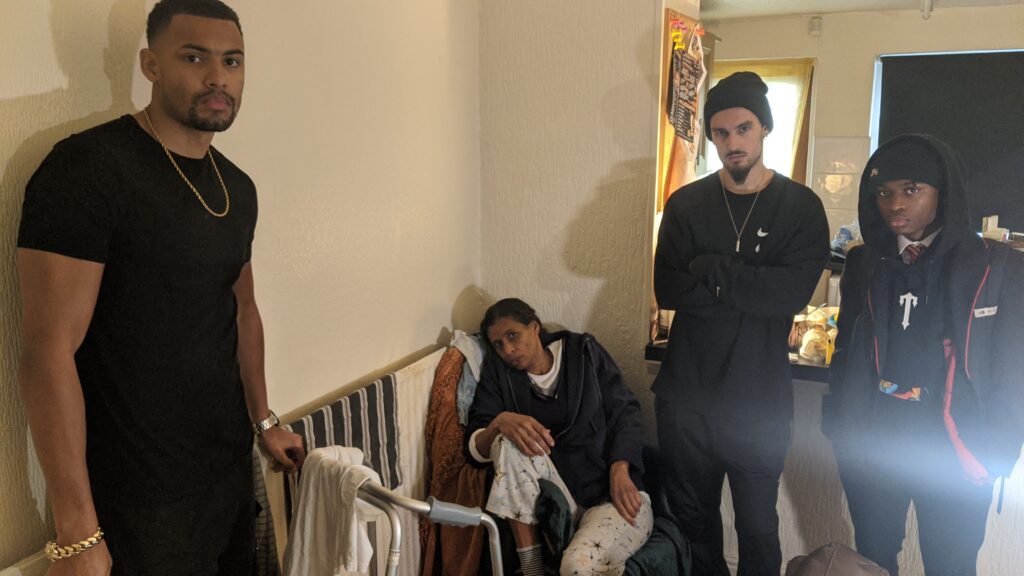
Child exploitation is the manipulation, coercion, or abuse of children for personal, financial, or criminal gain. It takes various forms, including criminal, sexual, and financial exploitation, all of which cause significant harm to a child’s well-being and development.
All forms of child exploitation can occur in person or online. Exploitation violates a child's rights and can have long-term physical, emotional, and psychological consequences. Preventing and tackling exploitation requires awareness, early intervention, and strong legal protections.

Empowering Professionals To Take Action.
Our VR films cover a range of topics which can be used in trauma informed training
around the exploitation of young people.
Enhance Empathy and Understanding
Experience the world through a child’s eyes to foster greater empathy and understanding of their experiences.
Improve relationships between practitioner and young person
VR films can support practitioners breakdown barriers, build relationships and engage young people in education and interventions sessions.
Identify Critical Warning Signs Early
Learn to spot subtle early signs of exploitation and prevent escalation.
Raise Awareness of Online Exploitation
Understand how social media and financial crime affect young people.
Enhance Empathy and Understanding
Experience the world through a child’s eyes to foster greater empathy and understanding of their experiences.
Improve relationships between practitioner and young person
VR films can support practitioners breakdown barriers, build relationships and engage young people in education and interventions sessions.
Identify Critical Warning Signs Early
Learn to spot subtle early signs of exploitation and prevent escalation.
Raise Awareness of Online Exploitation
Understand how social media and financial crime affect young people.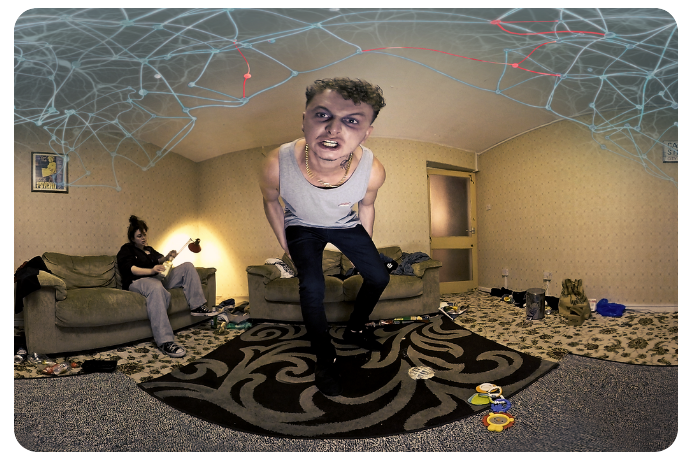
Abuse, Neglect and Trauma
Our homes should be a place where we feel safe, loved, and protected. Unfortunately, for many children, home is not a safe and loving environment to grow up in. Our virtual reality films covering abuse, neglect and trauma, allows users to gain an understanding of what some children go through, and how that experience can go on to shape their lives and the lives of those they interact with.
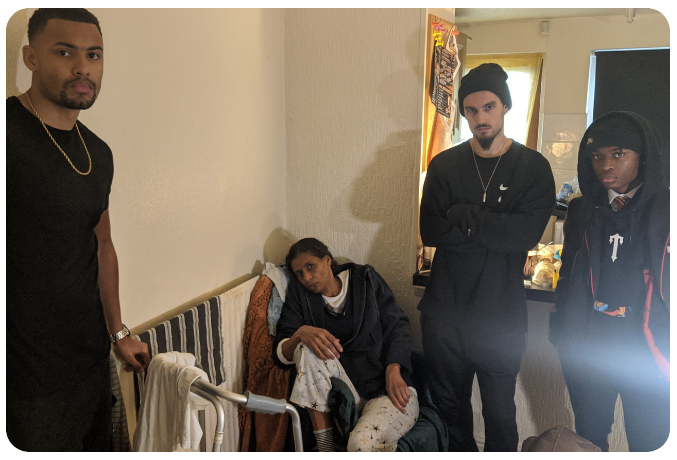
Child Criminal Exploitation
Meet Joe, a quiet child, whose early life trauma, issues of identity and school life have started to affect his behaviour and the choices he makes. Follow Joe as he tries to find his place, only to get drawn into the world of county lines as he's groomed and coerced into selling drugs. These VR films can be used to help prompt critical conversations and improve prevention and support.

Child Sexual Exploitation
Aisha is being blackmailed using explicit images of herself, by an older male she was involved with. This VR series follows her story, showing how a young person can become exposed to sexual exploitation, and how the interactions of the adults around her play a critical role. Gain a powerful understanding of the warning signs, and the importance of listening, believing and responding without judgement.
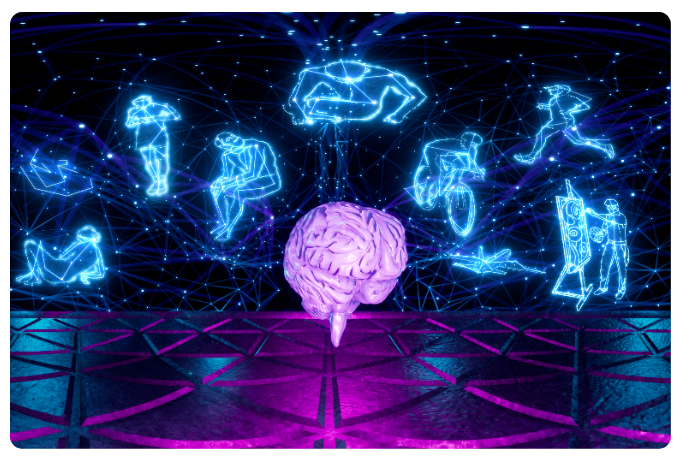
The Teenage Brain
Teenage brains are constantly exposed to so much stimuli, as they're flooded with new experiences, emotions and decisions.
In this set of VR films exploring the teenage brain, you'll get to see firsthand how the adolescent brain processes new scenarios, and how each part of their brain works in interpreting the world.

Social Media and Digital Platforms
For today's young people, the digital world is deeply connected with their everyday reality, and social validation, pressure and identity can all unfold in public, in real time. Step into the lives of young people, and experience how a single post, a message from a stranger, or an in-game reward can change everything.
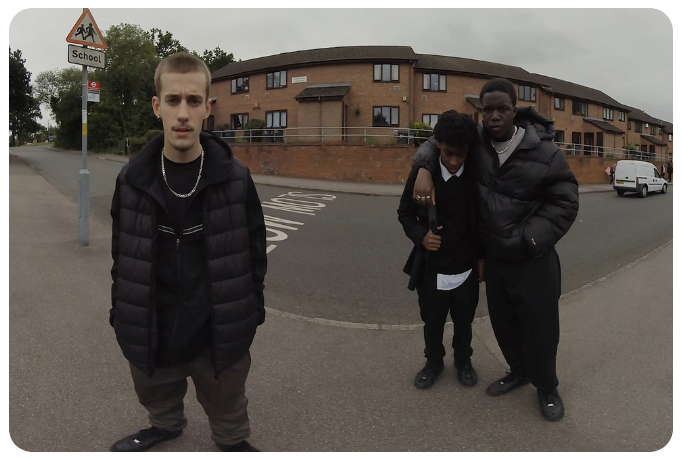
Knife Crime and Serious Youth Violence
You're in the shoes of a young person who has just been robbed - left shaken, on edge, and desperate to feel safe again. They want to feel strong again. Safe. Is a knife the only way? From the initial robbery, to interactions with the police including a stop and search, and a party where we see how quickly a situation can change, you'll live the weight of these moments through VR.
I found the VR programme a very useful way to open up the conversation with the young person around criminal exploitation and gangs.
The young person expressed that he found the videos helpful to watch, and it opened his eyes to what it may be like if you are to get involved with exploitation.
He said watching some of the videos made him feel scared and gave him something to think about. It also helped with and reassuring the young person who he can go to speak with about issues around county lines and exploitation.Practitioner involved in Tri-borough VR Project
I found the VR programme a very useful way to open up the conversation with the young person around criminal exploitation and gangs.
The young person expressed that he found the videos helpful to watch, and it opened his eyes to what it may be like if you are to get involved with exploitation.
He said watching some of the videos made him feel scared and gave him something to think about. It also helped with and reassuring the young person who he can go to speak with about issues around county lines and exploitation.Practitioner involved in Tri-borough VR Project
Unlock Key Resources to Support Your Work.

Our groundbreaking research study is now available for download.
The tri-borough VR project - Safeguarding Adolescents from extra-familial harm (EFH) - is a DfE-funded project that was undertaken in the London Boroughs of Redbridge, Enfield and Waltham Forest.
The project used VR in interventions with young people exposed to, or at risk of, Child Sexual Exploitation (CSE), Child Criminal Exploitation (CCE) and other contextual safeguarding issues.
Following use of the Cornerstone VR Programme:
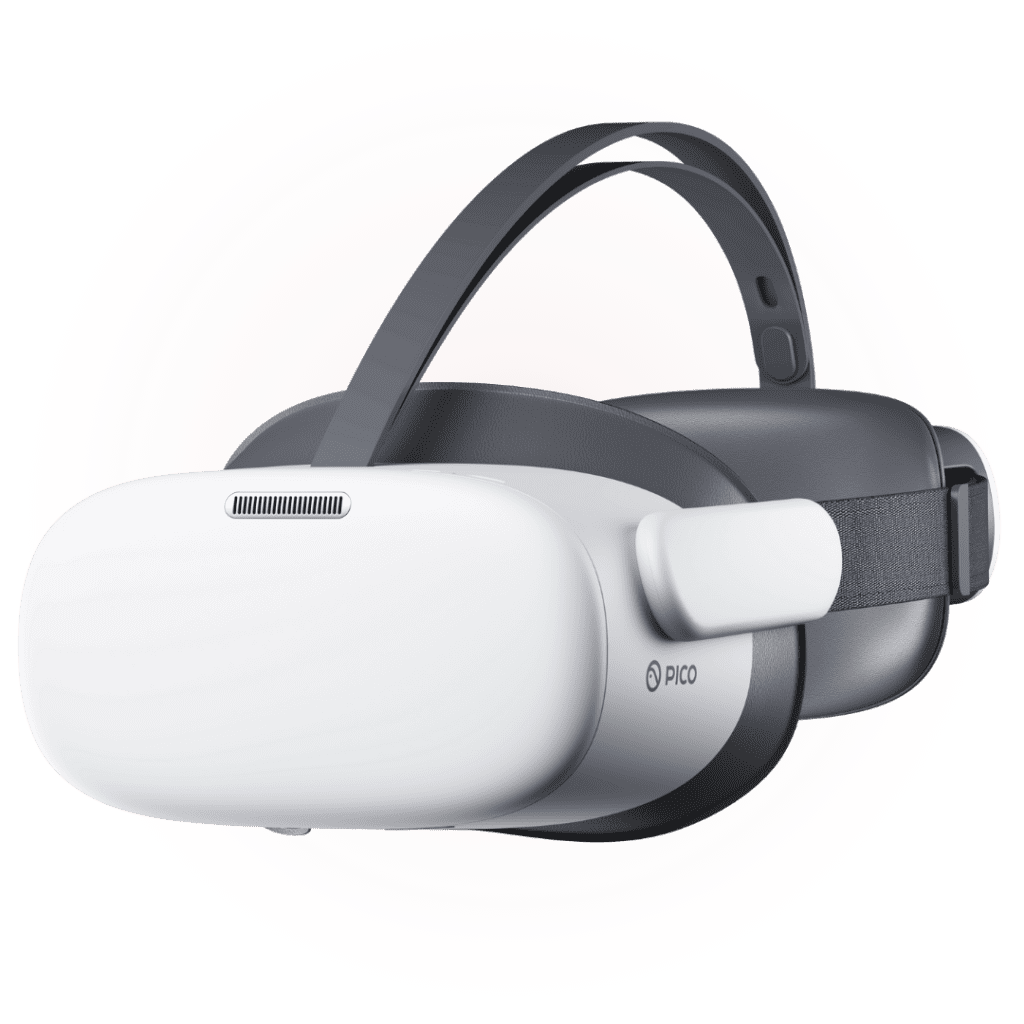
96%
of participants agreed to have a deeper
understanding of the child's perspective.
96%
of participants agreed they would consider alternative ways to approach situations in their work.

